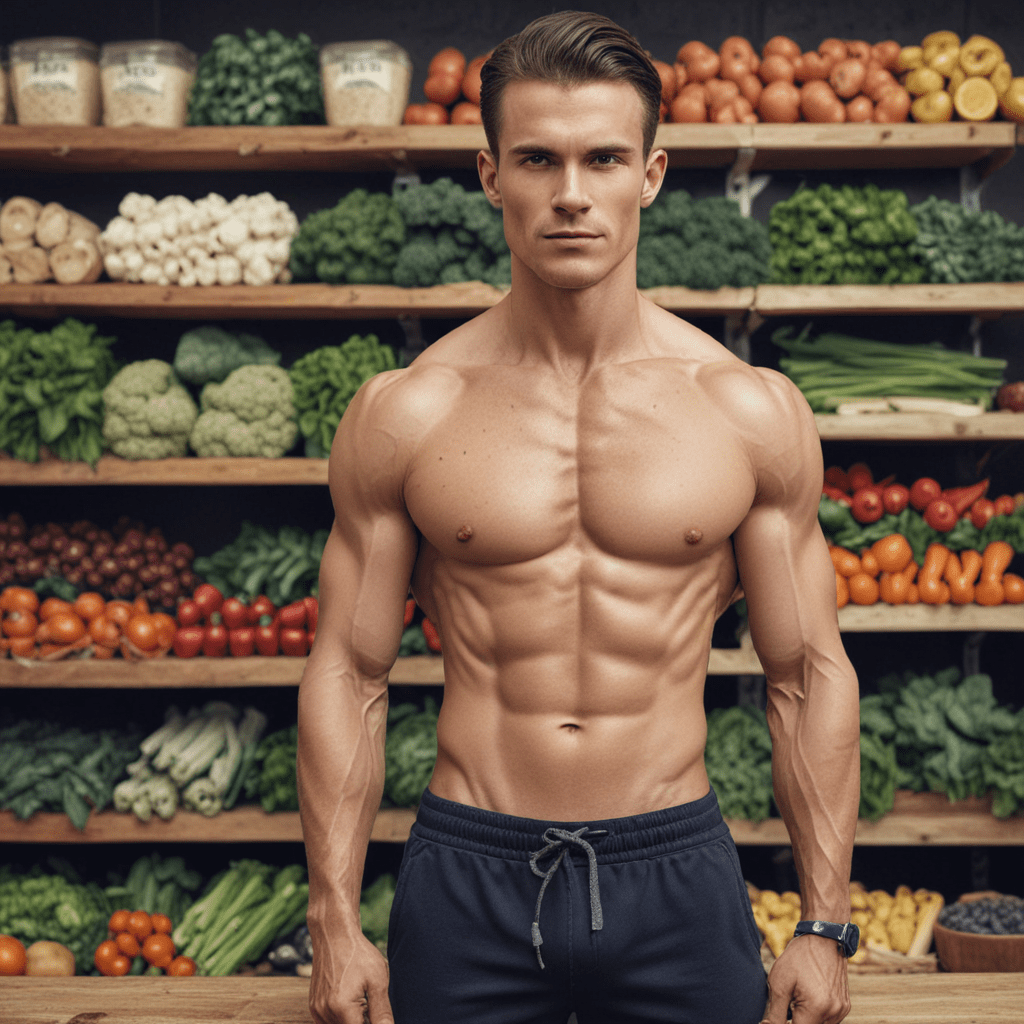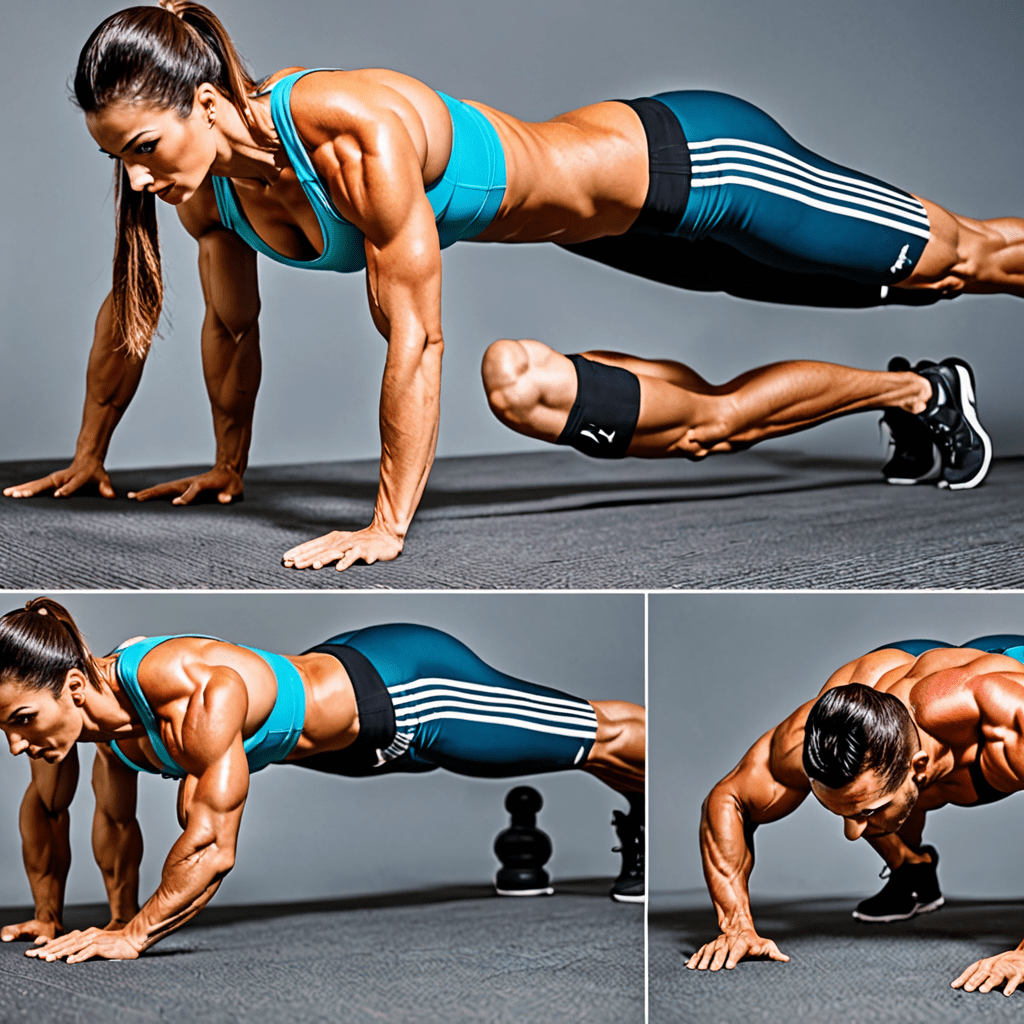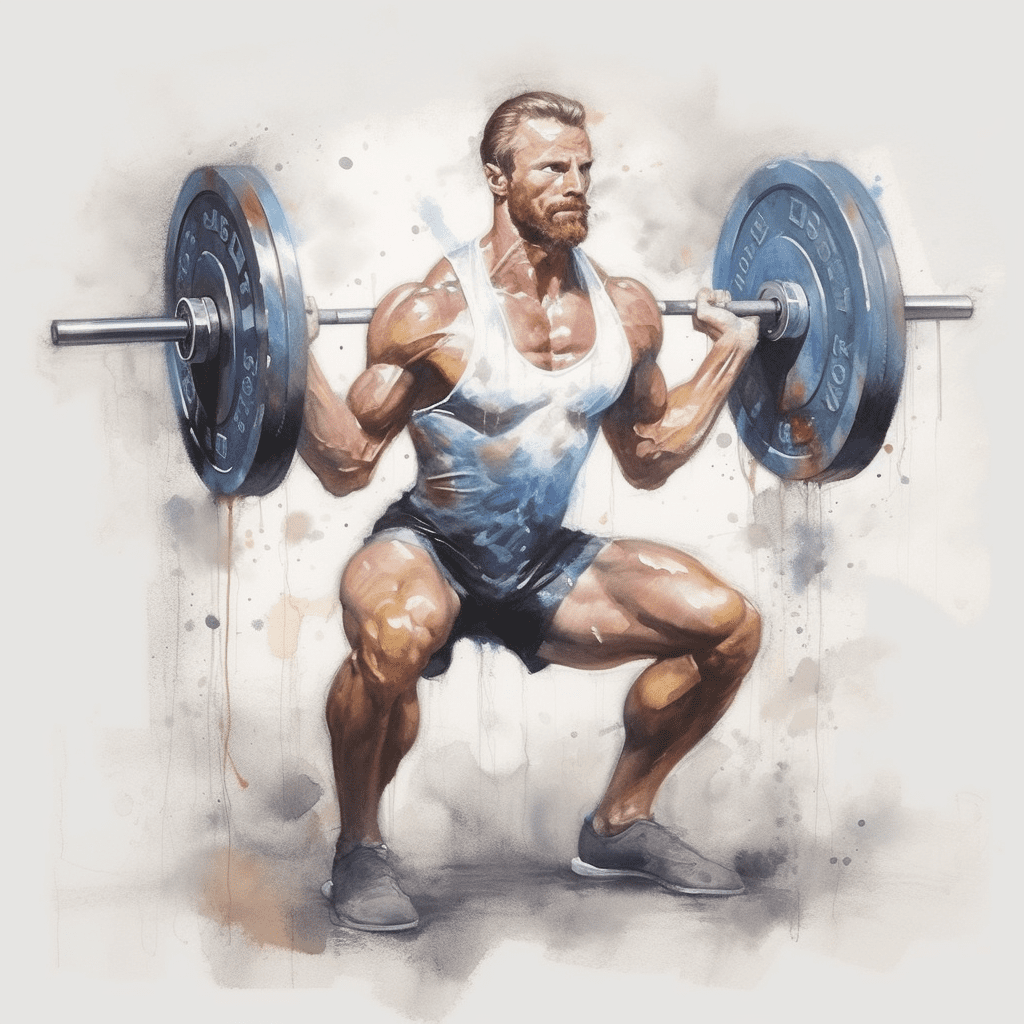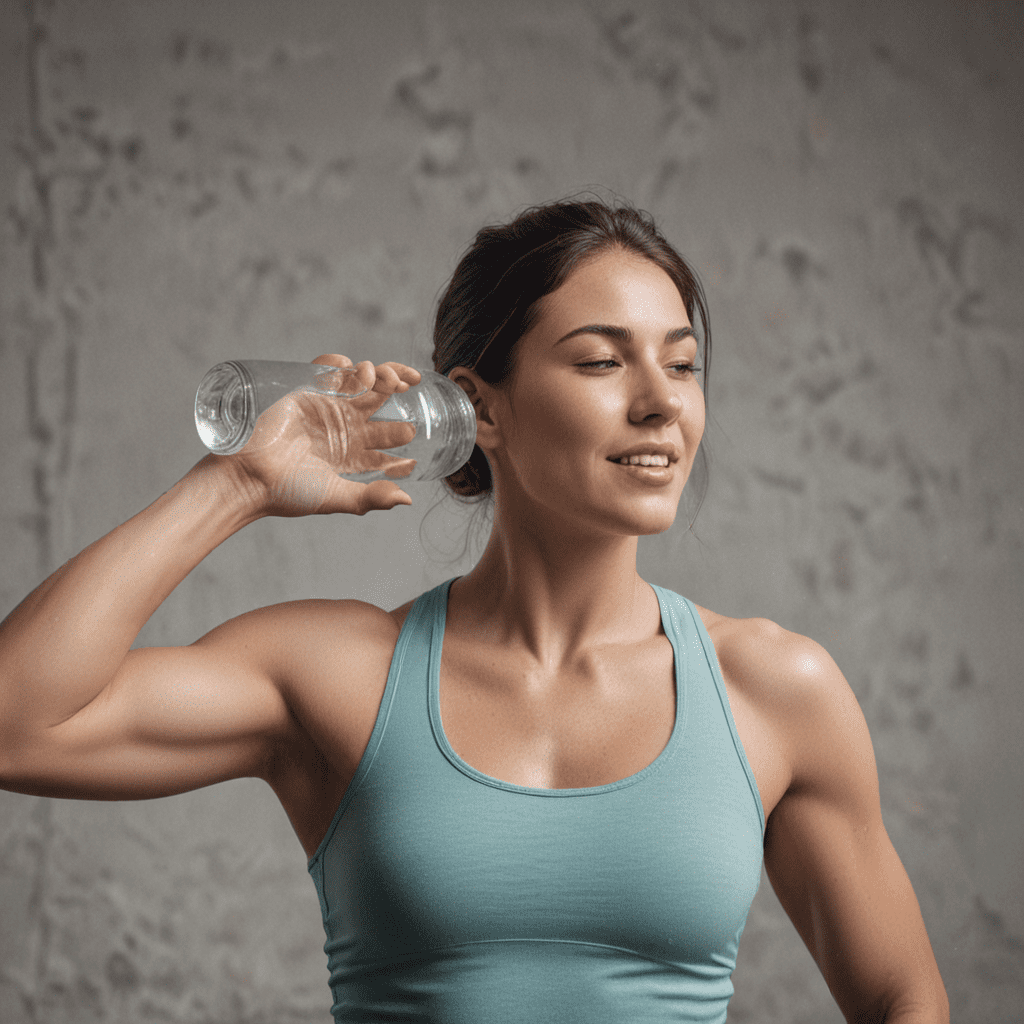
Introduction to Veganism and Bone Health
Veganism, characterized by the exclusion of animal products, has gained traction due to ethical, environmental, and health concerns. However, concerns about the impact of a vegan diet on bone health have emerged. This article aims to explore the relationship between veganism and bone density, providing evidence-based information to help vegans maintain strong and healthy bones.
Understanding Bone Density and its Importance
Bone density, a measure of the amount of minerals in bones, is crucial for bone health. Adequate bone density ensures strong, resilient bones, reducing the risk of fractures and osteoporosis, a condition characterized by weak and brittle bones. Factors such as age, gender, genetics, and lifestyle choices influence bone density.
Nutrient Needs for Vegan Bone Health
Vegans must pay particular attention to their intake of certain nutrients essential for bone health. These include:
- Calcium, a vital mineral for building and maintaining strong bones.
- Vitamin D, which promotes calcium absorption and plays a key role in bone mineralization.
- Protein, as it is a building block for bones and supports bone matrix formation.
Role of Exercise and Weight-Bearing Activities
Regular exercise, especially weight-bearing activities such as walking, running, and strength training, is crucial for bone health. These activities stimulate bone formation and increase bone density. Incorporating weight-bearing exercises into a vegan lifestyle is essential for maintaining strong bones.
Other Beneficial Nutrients for Bone Health: Magnesium, Potassium, and Vitamin C
In addition to calcium, vitamin D, and protein, other nutrients support bone health. Magnesium, found in leafy greens, almonds, and avocado, is involved in bone formation. Potassium, abundant in bananas, potatoes, and coconut water, helps maintain bone mineral density. Vitamin C, a potent antioxidant present in citrus fruits and berries, plays a role in collagen production, which is essential for bone structure.
Monitoring Bone Density and Consulting with Healthcare Professionals
Regular bone density screening is recommended to monitor bone health and identify any changes indicative of osteoporosis, especially for vegans over 50 years old. Consultations with healthcare professionals, including registered dietitians and doctors, are also crucial for personalized advice and guidance on maintaining optimal bone health.
Conclusion: Building Strong Bones on a Vegan Diet
Adopting a well-planned vegan diet, ensuring adequate intake of essential nutrients, engaging in regular physical activity, and consulting with healthcare professionals can help vegans build and maintain strong bones. By understanding the unique nutritional needs of a vegan lifestyle and implementing these recommendations, vegans can enjoy the benefits of a plant-based diet without compromising the health of their bones.
FAQs
1. Are vegans at higher risk of osteoporosis?
A well-planned vegan diet can provide all the necessary nutrients for bone health. However, vegans who do not pay attention to nutrient intake may be at increased risk of osteoporosis.
2. What is the best way for vegans to get enough calcium?
Plant-based milks, leafy greens, and fortified foods are excellent sources of calcium for vegans.
3. Is it necessary for vegans to take vitamin D supplements?
Sunlight exposure is the best source of vitamin D. However, vegans who do not get sufficient sunlight may need to consider supplements.
4. How much protein do vegans need for bone health?
The recommended daily protein intake for vegans is 0.8 grams per kilogram of body weight.
5. Are there any other dietary tips for vegans to promote bone health?
Including magnesium-rich foods, potassium-rich foods, and vitamin C-rich foods in the diet can further support bone health.


